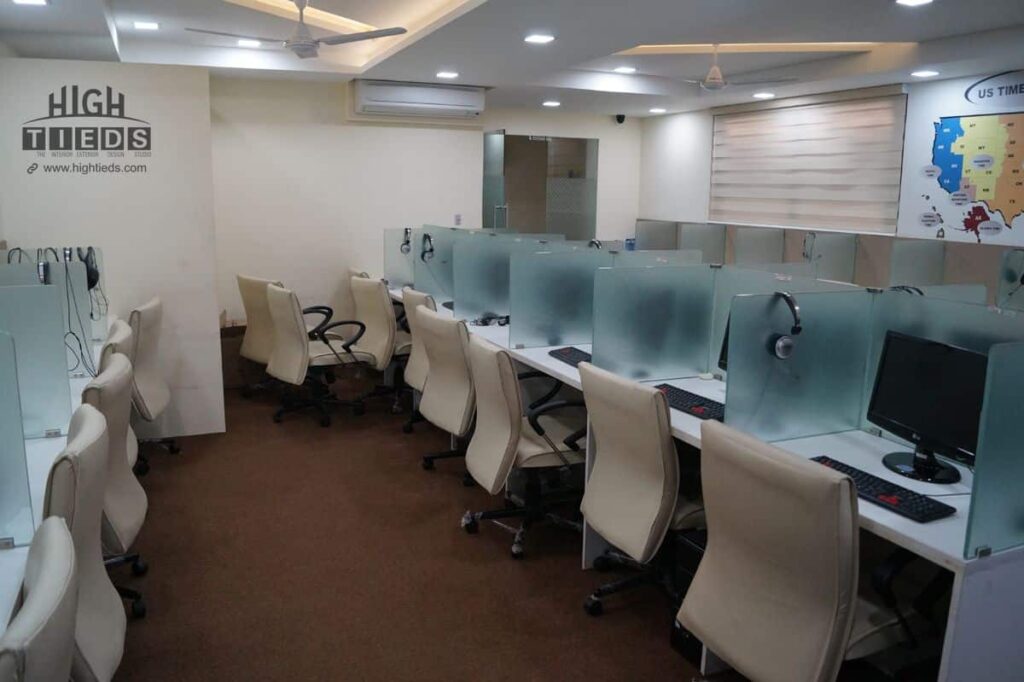Cost-effectiveness and value for money are always two factors that businesses greatly consider when making operational decisions; and it’s no different in the real estate aspect. As a business owner, you may, like many others, be tackling with issues on whether to buy or rent an office space. How feasible would each option be, given the nature and specific goals of your business? It could be an understandably difficult choice, given the many factors surrounding the decision. In this article, we help you analyze your options by providing the advantages and disadvantages of both buying and leasing a commercial office space.
Buying An Office Space
Advantages:
- When you buy an office space, you get benefits in tax deduction, like mortgage interest, property taxes, and other tax incentives, allowing you to save costs on your property in the long run.
- You have the option of getting your space rented out for rent expense augmentation or additional revenue.
- You don’t get annual rent increases.
- Your regular payments are going to an asset that appreciates in value, which you can sell in the future at a higher price.
Disadvantages:
- You will have to be ready for much higher upfront costs. The typical downpayment for owning a commercial property is 20% of the property’s total value. You will also have to consider appraisal and maintenance costs, property renovation or development, insurance costs, and the repair and maintenance of your building and facilities. This can all serve to tie your business capital down to property management expenses.
- Owning an office space doesn’t allow much flexibility in business growth. You may just find out in the future that your space is no longer adequate for the changes your business is experiencing; hence, forcing you to sell the property. Businesses who are in their initial stages of development or are experiencing rapid growth rates usually don’t opt for buying office space, especially considering the more limited amount of liquidity they may experience, with a large bulk of capital going into property expenses.
Renting An Office Space
Advantages:
- Commercial office spaces for rent are easily found in prime locations that can do much to build a sophisticated image of your brand. These locations are also easily accessible to your employees and clients.
- Leased offices free up your capital for development of growth strategies, since lessors will only ask for, at most, a couple of months’ worth of deposit and advance payment for the rent. Additionally, these serviced offices will provide you with a fully-furnished office and needed facilities, as well as maintenance services, making it quick and easy for you to transition.
- As fas as flexibility goes, you can transfer to a new or larger office space easily when your business’ growth starts to demand it.
Disadvantages:
- Rental rates may increase annually, or the lessor may decide to have you seek another space for their own business reasons; possibly forcing you to move out.
- Unlike in being the owner of a property, you do not have the benefits of equity buildup when you are a lessee.
These then, are the main advantages and disadvantages of buying versus renting an office space. Your decision may require a lot of financial and growth strategy considerations. But overall, one piece of advice we can give is that leased office spaces are far more advantageous for startup businesses or those experiencing growth spurts. Leased spaces allow for much more flexibility and capital liquidity so that you can move around more freely in your operational needs and decisions.
If you would like more advice on real estate spaces and terms that would be suitable to your unique business needs, don’t hesitate to contact us at Ezy Outsourcing Hub. We know that every company is different in its needs and goals, and we will create office space solutions on that premise.

